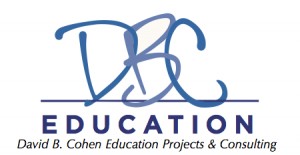I’ve been in Sacramento attending the spring meeting of the California Teacher Union Reform Network (CalTURN). Like TURN affiliates nationwide, this network focuses on labor-management collaboration, and approaches to professionalizing our unions, evolving away from the industrial model of prior decades.
California has some unique policy issues, however, which give this conference a unique focus. The state has given school districts more discretion regarding the use of funding, and high-needs districts are receiving extra funding. This approach, the Local Control Funding Formula (LCFF), also calls for districts to develop their own ways of holding themselves accountability for the use of that funding. The Local Control Accountability Plan (LCAP) is in the early stages of implementation and has presented challenges to districts; instead of having the state report a single number (academic performance index, or API) as a school accountability measure, districts are now looking at eight dimensions of school quality and improvement. They are still paying attention to academic performance of course, but also basic services, school safety and climate, and other indicators of successful organizational and school management. The labor-management teams at this CalTURN meeting are sharing successes and lessons learned as they go along in this evolving policy landscape. Most interesting to me are the conversations about educational services for students with the greatest needs, and improving relations and communication with parents and students.
As the virtual community organizer for CalTURN, and a member of its steering committee, I’m posting more information at the TURN website, and I invite you to look there to learn more about this work.

